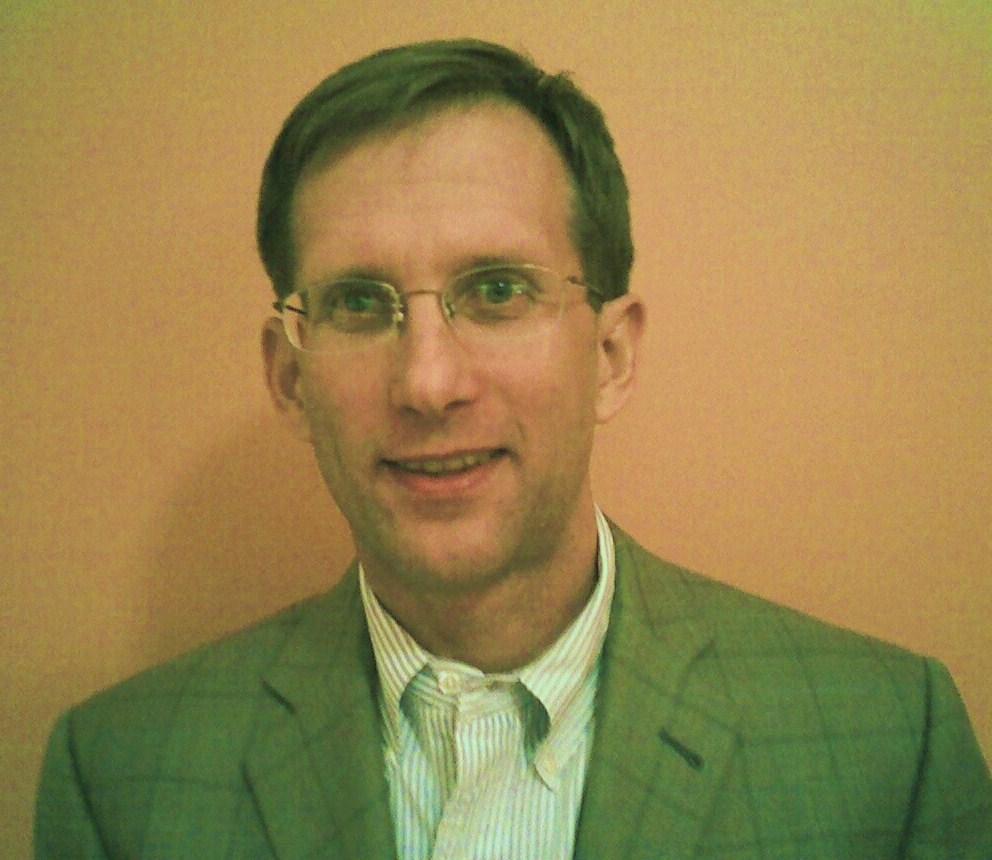 Geoffrey Fowler wrote an interesting article in The Wall Street Journal: We Need the Right to Repair Our Gadgets. He describes how manufacturers have made it difficult for us to fix our personal tech gadgets (The Guardian concluded the same earlier this year), and discusses how he's managed to overcome some of those obstacles. As I was reading it, I kept thinking, boy, replace "gadgets" with "our bodies" and "manufacturers" with "health care professionals," and he could be talking about health care.
Geoffrey Fowler wrote an interesting article in The Wall Street Journal: We Need the Right to Repair Our Gadgets. He describes how manufacturers have made it difficult for us to fix our personal tech gadgets (The Guardian concluded the same earlier this year), and discusses how he's managed to overcome some of those obstacles. As I was reading it, I kept thinking, boy, replace "gadgets" with "our bodies" and "manufacturers" with "health care professionals," and he could be talking about health care.
News
Coders to Learn How to Deploy Humanitarian-Focused Apps on Openstack
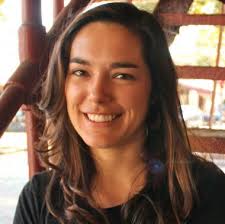 Dana and I are passionate about making open source communities inclusive and welcoming. The codeathon is a terrific opportunity for us to be tour guides for women of all backgrounds as they explore open source projects like OpenStack. [Dana Bauer]: I love the humanitarian focus at Open Source Day. Egle and I are demonstrating how to deploy humanitarian-focused applications on OpenStack, and it's exciting to think that some of those apps could be the first steps toward making a difference in the world...
Dana and I are passionate about making open source communities inclusive and welcoming. The codeathon is a terrific opportunity for us to be tour guides for women of all backgrounds as they explore open source projects like OpenStack. [Dana Bauer]: I love the humanitarian focus at Open Source Day. Egle and I are demonstrating how to deploy humanitarian-focused applications on OpenStack, and it's exciting to think that some of those apps could be the first steps toward making a difference in the world...
- Login to post comments
- News
IBM Releases Study Highlighting Success of OSEHRA Open Health Community Innovation
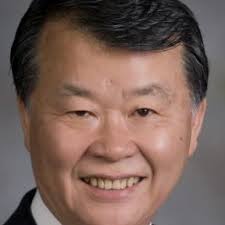 The IBM Center for The Business of Government is a successful advocate for the improvement of the effectiveness of government business that focuses on the future of operation and management. Recently, the center published a scholarly work comprised of case studies in healthcare entitled “Making Open Innovation Ecosystems Work.” It was written by a team of distinguished academics including Donald E. Wynn, Jr., Ph.D., Renee M.E. Pratt, Ph.D., and Randy V. Bradley, Ph.D., and OSEHRA was one of two cases chosen for analysis.
The IBM Center for The Business of Government is a successful advocate for the improvement of the effectiveness of government business that focuses on the future of operation and management. Recently, the center published a scholarly work comprised of case studies in healthcare entitled “Making Open Innovation Ecosystems Work.” It was written by a team of distinguished academics including Donald E. Wynn, Jr., Ph.D., Renee M.E. Pratt, Ph.D., and Randy V. Bradley, Ph.D., and OSEHRA was one of two cases chosen for analysis.
- Login to post comments
- News
The EHR Debacle: Has Organized Medicine Failed Us?
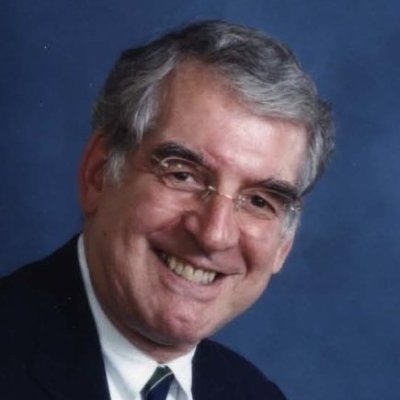 By now, it should be no secret that physicians in the United States, although largely receptive to the idea of electronic health records (EHRs), are widely dissatisfied with the current state of the art, and with the way that EHR adoption is being implemented.[1] Indeed, Congress[2] has shown continuing – but sometimes seemingly perfunctory – interest in the concerns of physicians and other health care providers, and I am at this point pessimistic about seeing any results of its efforts in the near future unless a more fundamental change is made in our approach. As Einstein noted, “We cannot solve our problems with the same thinking that created them.”
By now, it should be no secret that physicians in the United States, although largely receptive to the idea of electronic health records (EHRs), are widely dissatisfied with the current state of the art, and with the way that EHR adoption is being implemented.[1] Indeed, Congress[2] has shown continuing – but sometimes seemingly perfunctory – interest in the concerns of physicians and other health care providers, and I am at this point pessimistic about seeing any results of its efforts in the near future unless a more fundamental change is made in our approach. As Einstein noted, “We cannot solve our problems with the same thinking that created them.”
- Login to post comments
- News
Cloudera's Open Source Codeathon Project with Bay Area Discovery Museum
 Cloudera Cares is a group of employees at Cloudera who give back to the community through philanthropic activities. Alison Yu helps lead Cloudera Cares and the Bay Area Discovery Museum partnership, a project coders will be able to contribute to while at Grace Hopper's Open Source Day codeathon this year. The Bay Area Discovery Museum focuses on igniting and advancing creative thinking for all children, which are skill sets that Alison believes are crucial for all children to develop well. As a native of the Bay Area, she also thinks it's important that the tech community give back locally...
Cloudera Cares is a group of employees at Cloudera who give back to the community through philanthropic activities. Alison Yu helps lead Cloudera Cares and the Bay Area Discovery Museum partnership, a project coders will be able to contribute to while at Grace Hopper's Open Source Day codeathon this year. The Bay Area Discovery Museum focuses on igniting and advancing creative thinking for all children, which are skill sets that Alison believes are crucial for all children to develop well. As a native of the Bay Area, she also thinks it's important that the tech community give back locally...
- Login to post comments
- News
Three Students Jump into Open Source with OpenMRS and Sahana Eden
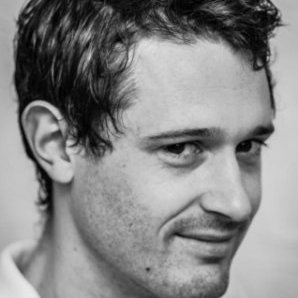 We are three students in the Bachelor of Computer Science second degree program at the University of British Columbia (UBC). As we each have cooperative education experience, our technical ability and contributions have increasingly become a point of focus as we approach graduation. Our past couple of years at UBC have allowed us to produce some great technical content, but we all found ourselves with one component noticeably absent from our resumes: an open source contribution. While the reasons for this are varied, they all stem from the fact that making a contribution involves a set of skills that goes far beyond anything taught in the classroom or even learned during an internship. It requires a person to be outgoing with complete strangers, to be proactive in seeking out problems to solve, and to have effective written communication...
We are three students in the Bachelor of Computer Science second degree program at the University of British Columbia (UBC). As we each have cooperative education experience, our technical ability and contributions have increasingly become a point of focus as we approach graduation. Our past couple of years at UBC have allowed us to produce some great technical content, but we all found ourselves with one component noticeably absent from our resumes: an open source contribution. While the reasons for this are varied, they all stem from the fact that making a contribution involves a set of skills that goes far beyond anything taught in the classroom or even learned during an internship. It requires a person to be outgoing with complete strangers, to be proactive in seeking out problems to solve, and to have effective written communication...
- Login to post comments
- News
Sharing Your Internet Connection as a Humanitarian Act
 uProxy is a browser extension that lets you share your Internet connection with people living in repressive societies. Much of the world lives in countries that severely censor and restrict Internet access. uProxy makes it a little easier to bring the free and open Internet to some of the darkest corners of the world. How does it work? Find out in this interview with Lucy He, Raymond Cheng, and Salome Vakhtangadze. Lucy and Salome are engineers at Google Ideas, a team at Google that builds tools against oppression. Raymond is a core developer for uProxy and PhD student at the University of Washington, where uProxy is being developed. Together they talk a bit about the future of uProxy and plans for the Open Source Day codeathon taking place during Grace Hopper's Open Source Day later this year...
uProxy is a browser extension that lets you share your Internet connection with people living in repressive societies. Much of the world lives in countries that severely censor and restrict Internet access. uProxy makes it a little easier to bring the free and open Internet to some of the darkest corners of the world. How does it work? Find out in this interview with Lucy He, Raymond Cheng, and Salome Vakhtangadze. Lucy and Salome are engineers at Google Ideas, a team at Google that builds tools against oppression. Raymond is a core developer for uProxy and PhD student at the University of Washington, where uProxy is being developed. Together they talk a bit about the future of uProxy and plans for the Open Source Day codeathon taking place during Grace Hopper's Open Source Day later this year...
- Login to post comments
- News
The Growing Trend Of Clinical Research Crowdsourcing
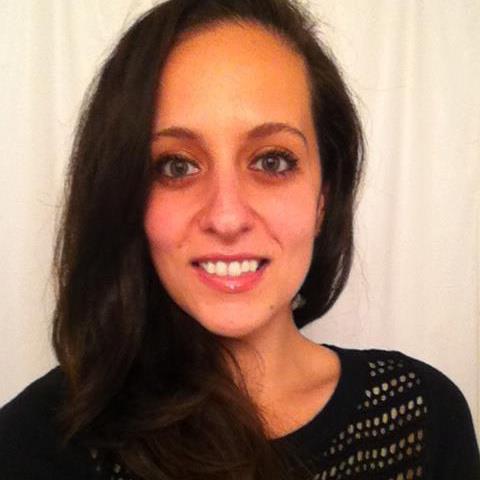 The trend of open collaboration has led to innovation across multiple industries. For decades, big pharma has been known as conservative and slow to change. Today however, there is a growing movement toward open access and crowdsourcing scientific information to accelerate research and development. Open-source platforms have let developers create multiple crowdsourcing applications, that are further enabling the crowdsourcing trend in the life sciences industry, as well.
The trend of open collaboration has led to innovation across multiple industries. For decades, big pharma has been known as conservative and slow to change. Today however, there is a growing movement toward open access and crowdsourcing scientific information to accelerate research and development. Open-source platforms have let developers create multiple crowdsourcing applications, that are further enabling the crowdsourcing trend in the life sciences industry, as well.
- Login to post comments
- Feature Story
Hacking PTSD-Major Hackathon to take Place Sept. 25-27 in DC
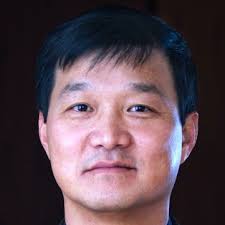 Longview International Technology Solutions has organized a 36-hour hackathon that will take place starting on September 25th by inviting some of the country’s most talented computer science students (undergraduate through postgraduate) along with several corporate teams, to focus their imagination and skills on creating mobile solutions for veterans with PTSD. Students are coming from 59 schools, 18 states, and 4 countries. The event will be held near Washington DC in Annandale, Virginia, at the local campus of the Northern Virginia Community College (NVCC). It will take place at the Richard J. Ernst Community Cultural Center, part of the NOVA Annandale campus. The address is 8333 Little River Turnpike (more details at www.hackdc.com).
Longview International Technology Solutions has organized a 36-hour hackathon that will take place starting on September 25th by inviting some of the country’s most talented computer science students (undergraduate through postgraduate) along with several corporate teams, to focus their imagination and skills on creating mobile solutions for veterans with PTSD. Students are coming from 59 schools, 18 states, and 4 countries. The event will be held near Washington DC in Annandale, Virginia, at the local campus of the Northern Virginia Community College (NVCC). It will take place at the Richard J. Ernst Community Cultural Center, part of the NOVA Annandale campus. The address is 8333 Little River Turnpike (more details at www.hackdc.com).
- Login to post comments
- News
Solving the Provider Directory Problem for the Country
 In many previous posts, I’ve written about the importance of enabling infrastructure to accelerate interoperability. The standards are not the rate limiting step, but the lack of a provider directory, patient identifier, and consent registry are. David McCallie of Cerner has solved the provider directory problem of the country. He downloaded the NPPES national provider database. He created a FHIR-based Application Program Interface to the database by writing 300 lines of Python code and put it live on Amazon Web Services (for $15/month). You can try it yourself here...
In many previous posts, I’ve written about the importance of enabling infrastructure to accelerate interoperability. The standards are not the rate limiting step, but the lack of a provider directory, patient identifier, and consent registry are. David McCallie of Cerner has solved the provider directory problem of the country. He downloaded the NPPES national provider database. He created a FHIR-based Application Program Interface to the database by writing 300 lines of Python code and put it live on Amazon Web Services (for $15/month). You can try it yourself here...
- Login to post comments
- News
The Right to Repair Ourselves
- Login to post comments
- News